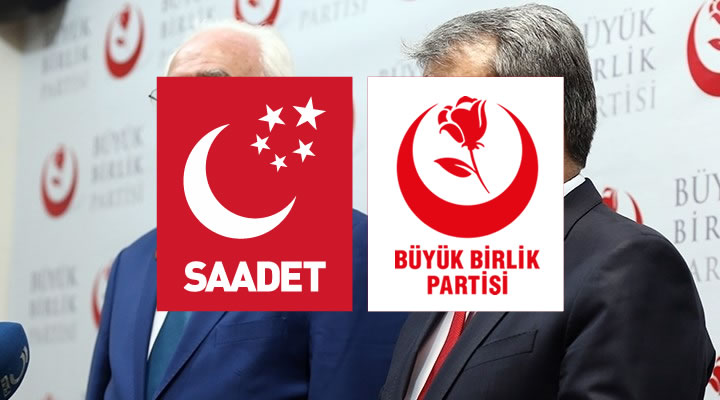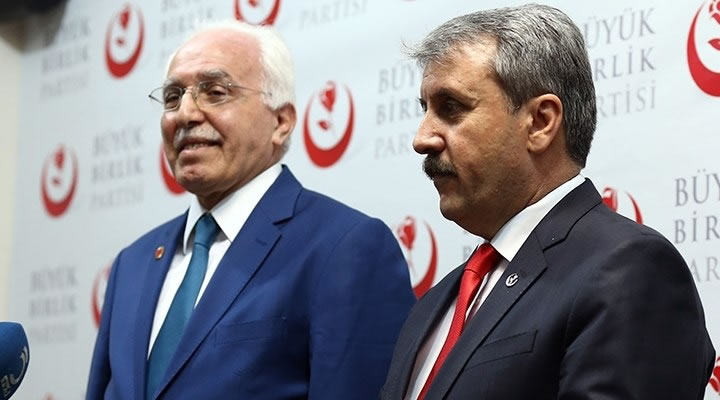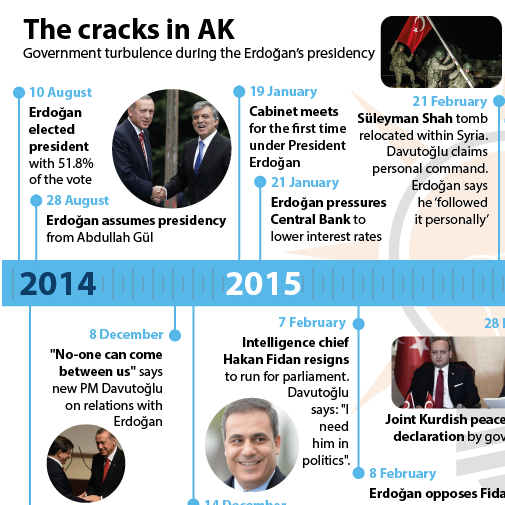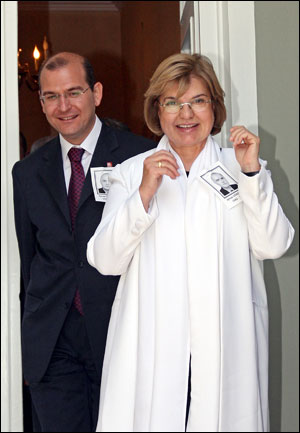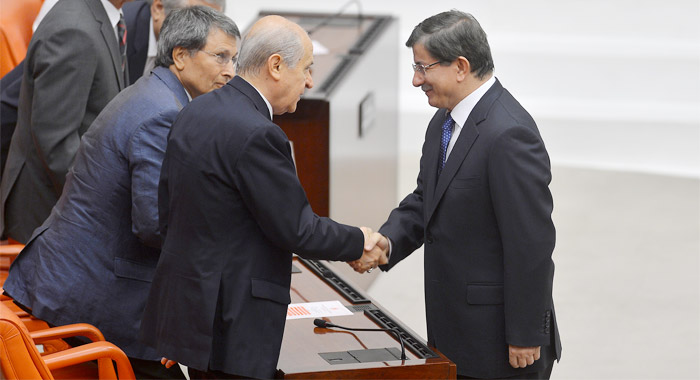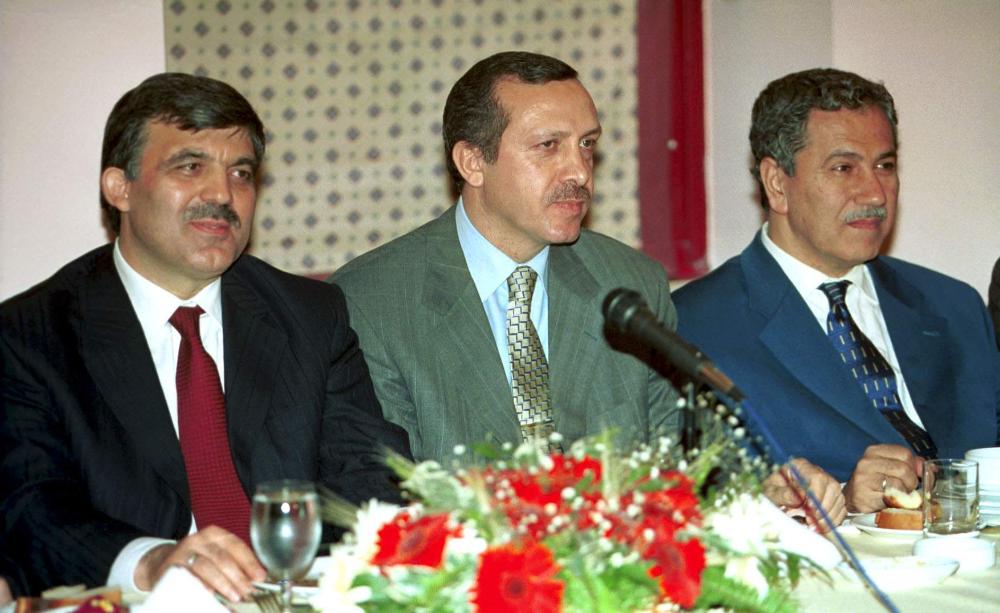A two-party alliance ahead of this summer’s election could spell trouble for right wing parties
As the deadline for parties to submit their candidate lists, Tuesday 7 April was predictably hectic for Turkey’s Electoral Commission. Among the mass of news covering the four larger parties’ candidates was the announcement that two parties, Felicity (Saadet) and the Grand Union Party (BBP), will run a joint list.
Saadet is probably the most successful small party in Turkish politics today. It is the rump of Necmettin Erbakan’s Islamist Milli Görüş movement but it does particularly well in local elections: last year, more than a million people voted for a Saadet mayor.
The party’s pious platform provides plenty of common ground with the BBP, whose late founder Muhsin Yazıcıoğlu believed Turkish nationalism should be expressed through political Islam. The party is particularly strong in Sivas, Yazıcıoğlu’s hometown, but nationally has never really outshined its main rival, the Nationalist Movement Party (MHP).
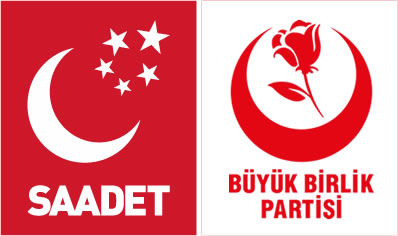 The alliance will run under the Saadet ticket and, for maximum impact, the two party leaders are standing in Turkey’s largest cities. Mustafa Kamalak, the Saadet leader, will run in Istanbul’s 1st electoral district while the BBP’s Mustafa Destici has gone for Ankara. They claim they can win 15 percent of the vote.
The alliance will run under the Saadet ticket and, for maximum impact, the two party leaders are standing in Turkey’s largest cities. Mustafa Kamalak, the Saadet leader, will run in Istanbul’s 1st electoral district while the BBP’s Mustafa Destici has gone for Ankara. They claim they can win 15 percent of the vote.
A rocky history
Turkish electoral alliances have always been formed with the sole purpose of circumventing the 10 percent threshold. They have only ever been successful when a larger party was part of the alliance, such as when Kurdish MPs were added to the lists of the social democratic SHP in 1991 or the CHP/DSP union of 2007.
Other partnerships ended in disappointment – such as the ill-fated one between the centre right True Path (DYP) and nationalist ATP, which fell short of the threshold with 9.55 percent of the vote.
So how will this latest alliance fare? Metropoll, a pollster, surveyed this very possibility last month and found that 8 percent of respondents “could vote” for it. But that was a speculative and prompted question; the alliance’s true level of support is likely to be considerably lower.
And even if it were accurate, the result would deliver precisely zero seats to the alliance at the general election.
The Saadet-BBP tie-up is still significant, not because it’s likely to win anything but because it could stop other parties from winning. The potential exists for it to snatch support from the two right wing heavyweights: the MHP and the governing AK Party. It’s up to pollsters to gauge how far that potential extends.





